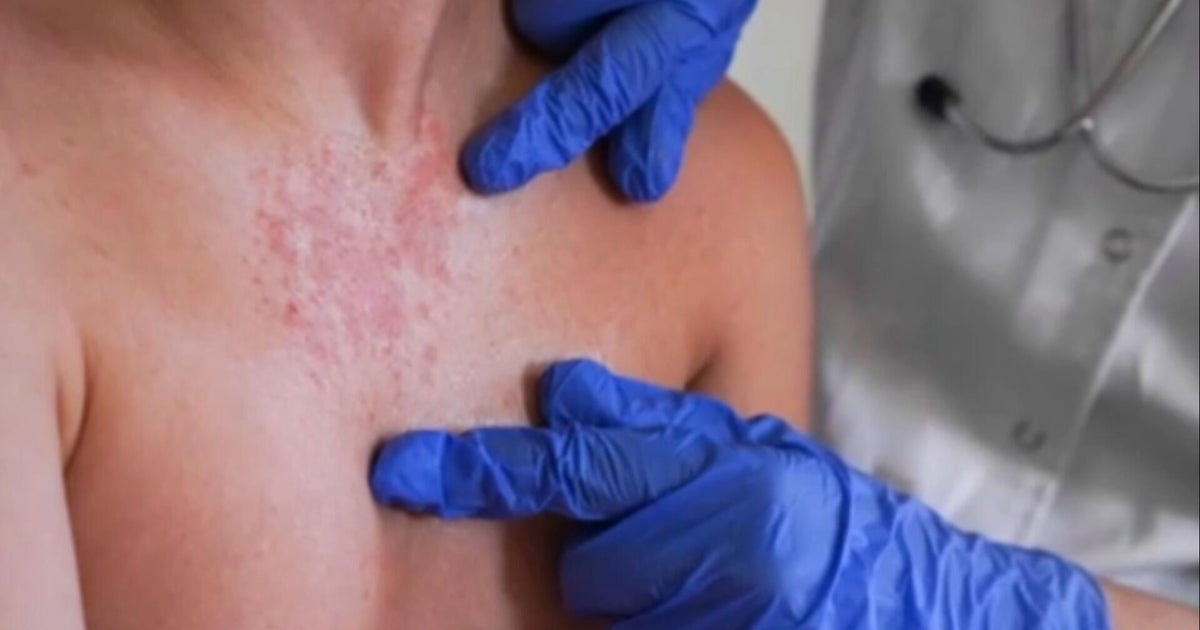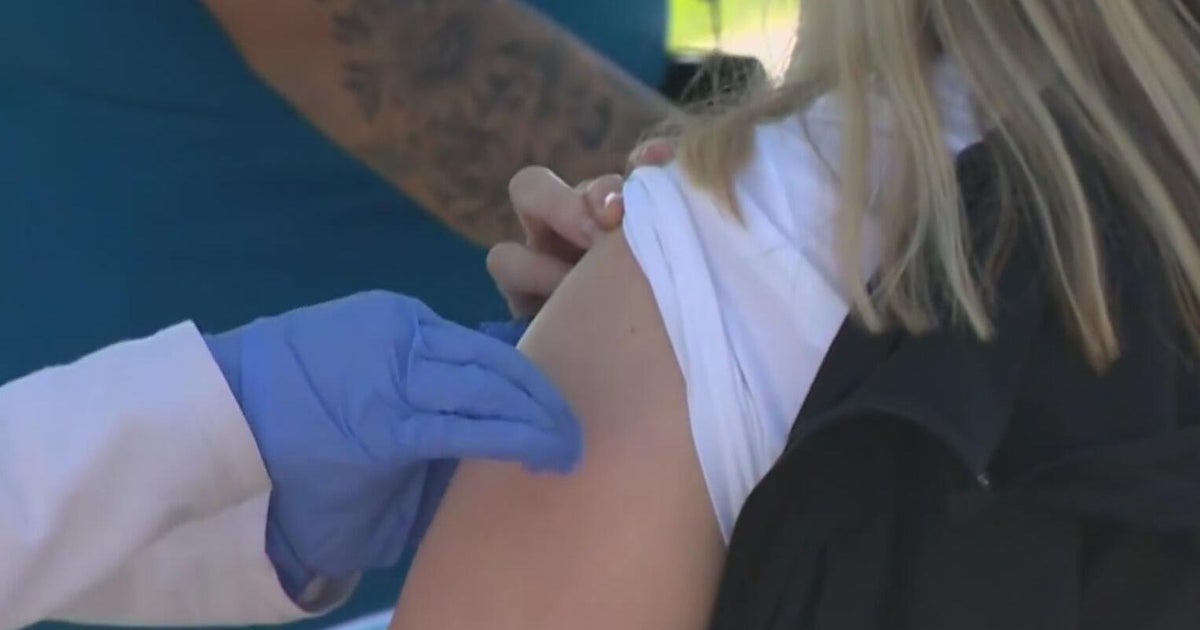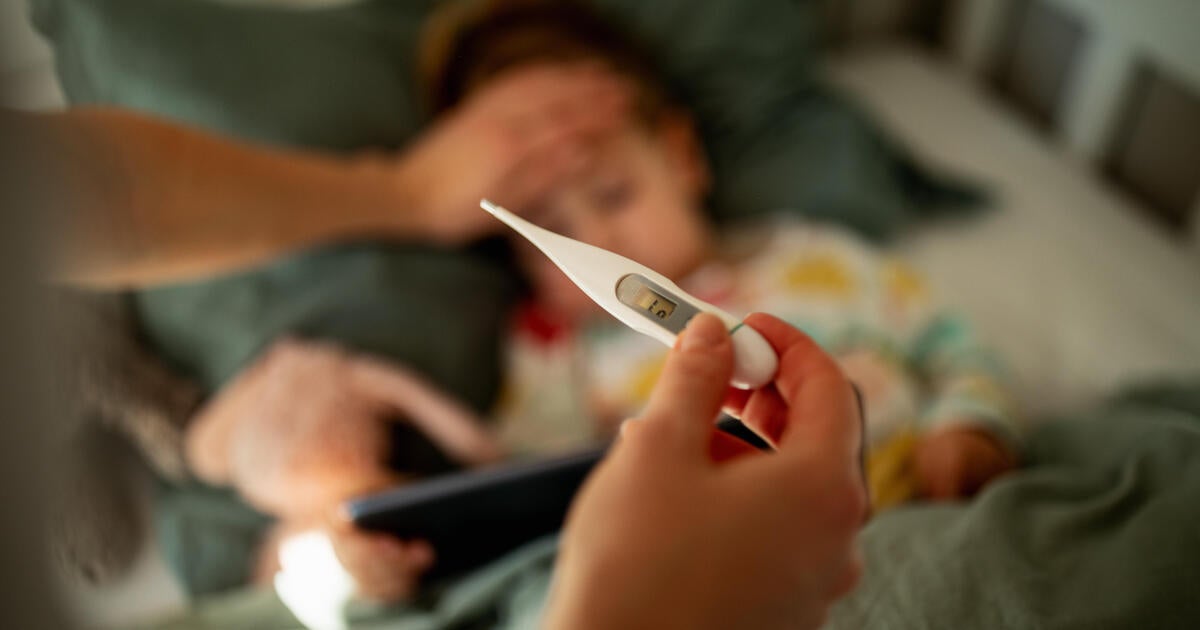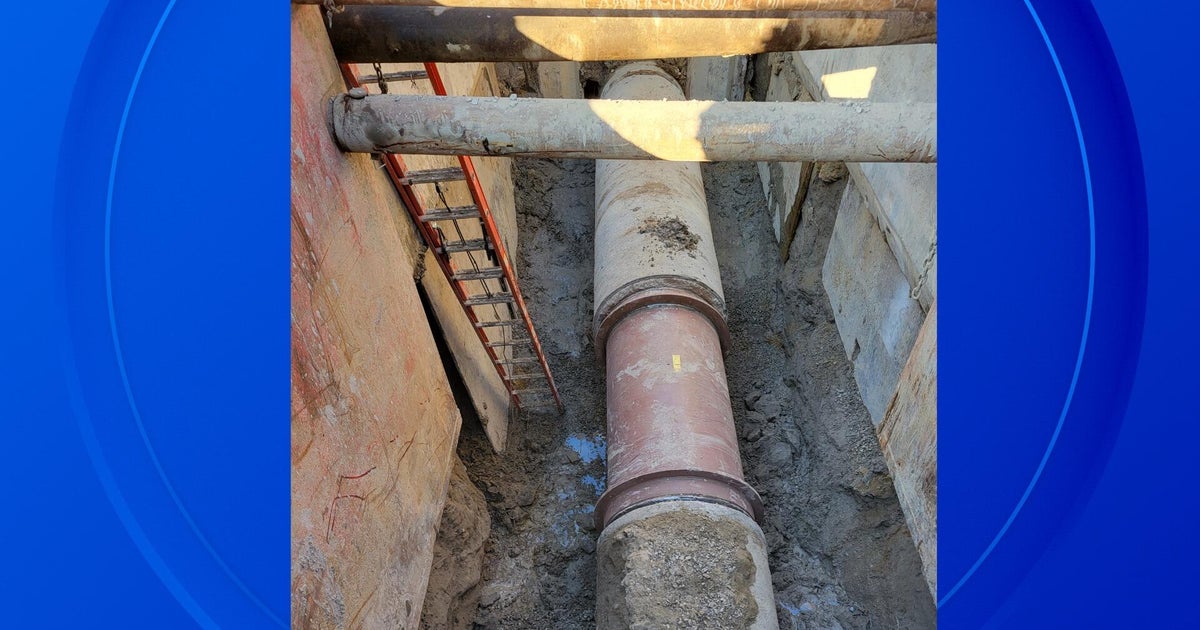Santa Clara County to close mass COVID-19 vaccination, testing sites in late February
SAN JOSE – Santa Clara County will close its mass COVID-19 vaccination and testing sites by the end of the month as they are no longer essential to the county's pandemic response, county officials said Wednesday.
While county health officials emphasized that the pandemic is not over and COVID has not been eradicated, a high local vaccination rate and a relatively low rate of viral spread have made it easier for the county to sunset its large-scale testing and vaccination sites.
Officials also pointed to the widespread availability of at-home COVID tests and major providers like Kaiser Permanente and Sutter Health offering testing and vaccination services as reasons why the county could pull back its similar efforts.
"We've now gotten to a point where at least 90 percent of the population of the county has gotten at least one vaccine," County Executive Dr. Jeff Smith said Wednesday. "So because of that, the urgency for the county to have mass vaccination sites and testing sites has disappeared."
Testing at the Santa Clara County Fairgrounds is set to end Feb. 24 while vaccinations will end Feb. 25, according to the county.
Testing and vaccination services at the county's animal shelter in San Martin is set to end Feb. 25 while vaccinations at the San Antonio Shopping Center in Mountain View will end Feb. 28. Testing services have already ended at the Mountain View location.
Many of the county's smaller testing sites are also expected to close in the coming weeks. According to county officials, the Santa Clara County Health System has provided some 1.6 million PCR tests since May 2020.
The county's health system has also administered some 1.9 million COVID-19 vaccine doses since the vaccine became available in December 2020.
At one time, the county operated the largest COVID testing and vaccination site in the state at Levi's Stadium, which saw nearly 14,000 patients per day at its peak.
The county and the San Francisco 49ers, the team that plays its home games at the stadium, closed testing and vaccination services in the summer of 2021.
"We are still in the middle of a pandemic, but we are transitioning from a full-blown response where we have a sense of urgency every day to one where we are adapting to living with COVID," county Health Officer and Public Health Director Dr. Sara Cody said.
Cody noted that the county announced its first case of COVID three years ago Tuesday. On Friday, it will be three years since the county declared a health emergency about the virus.
The end of the month will also mark the end of the state's COVID state of emergency.
"We are grateful for the immunity that's been built vaccine by vaccine by vaccine throughout the community and we are in a better and safer place that allows us to transition from a full-blown urgent response to one that's more of a continual response embedded in our operations," Cody said.
The county still plans to provide COVID vaccination, testing and other health care services to the more than 225,000 residents whose main health care provider is the county's health system.
Cody encouraged residents to get vaccinated if they have yet to do so and to get a booster vaccine dose once eligible to dramatically reduce the chance of the virus' worst outcomes.
She also noted that the spread of COVID as detected in the county's four main sewersheds, which cover 95 percent of the county's population, is lower than it has been over the last two months.
However, viral detection remains high enough that she encouraged residents to wear a mask indoors to effectively prevent the virus' spread.
"The pandemic is not over. We can't declare a day when it's over and, as we've seen it's having a very, very long tail," Cody said. "We don't know when it's going to be over. What's different is how we are responding to it."







